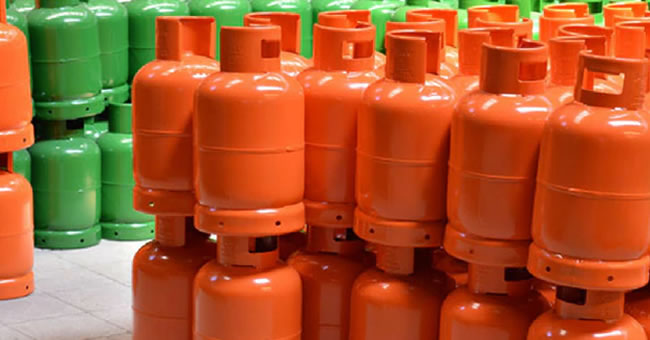Business
NLNG increases supply of domestic gas by 29% to 450,000 metric tonnes

The Nigeria LNG (NLNG) Limited has expanded its output of Liquefied Petroleum Gas (LPG), used for cooking purpose in households, to 450,000 metric tonnes per annum (mtpa), 28.6% higher than the previous volume of 350,000 mtpa.
The growth of the local LPG market will aid the country’s drive to conserve its foreign exchange especially for kerosene imports and help suppress deforestation practices.
“Our focus is to support the use of cleaner energy to protect our citizens and the environment from the hazards posed by other cooking fuels by encouraging the use of cooking gas,” NLNG Managing Director Tony Attah told participants at BusinessDay Energy Series on Tuesday.
Nigeria’s gas transportation infrastructure expansion has seen sluggish progress over the years, posing a major obstacle to domestic gas supply.
But Mr Attah believes the trend could be reversed by means of a concerted transformation plan and backbone pipeline infrastructure development like the Nigerian government’s AKK pipeline project.
Read also: Senate requests probe of $18bn NLNG dividend payment to NNPC
“A fixed/regulated gas price does not guarantee willing seller/buyer arrangement which will engender firm investments and returns. Under-investment in gas exploration, appraisal and development activities is a major challenge.
“There is paucity of investment in gas processing facilities as well due to inconsistent policies, unattractive commercial framework, security of investments, etc. All these have led to a decline or stagnation in gas reserves, production, and commercialisation.”
The NLNG chief avowed gas production has been constrained by payment obligation defaults and recurrent contract breaches just as unfavourable regulatory framework.
“Inconsistencies in government policies discourage investments and fuels violation of contracts. Agencies of government need to be aligned to deliver long term aspirations beyond immediate and short-term revenue targets.
“Liquidity issues facing the power sector has a direct impact on the liquidity of the entire gas sector,” he said.
Join the conversation
Support Ripples Nigeria, hold up solutions journalism
Balanced, fearless journalism driven by data comes at huge financial costs.
As a media platform, we hold leadership accountable and will not trade the right to press freedom and free speech for a piece of cake.
If you like what we do, and are ready to uphold solutions journalism, kindly donate to the Ripples Nigeria cause.
Your support would help to ensure that citizens and institutions continue to have free access to credible and reliable information for societal development.
























